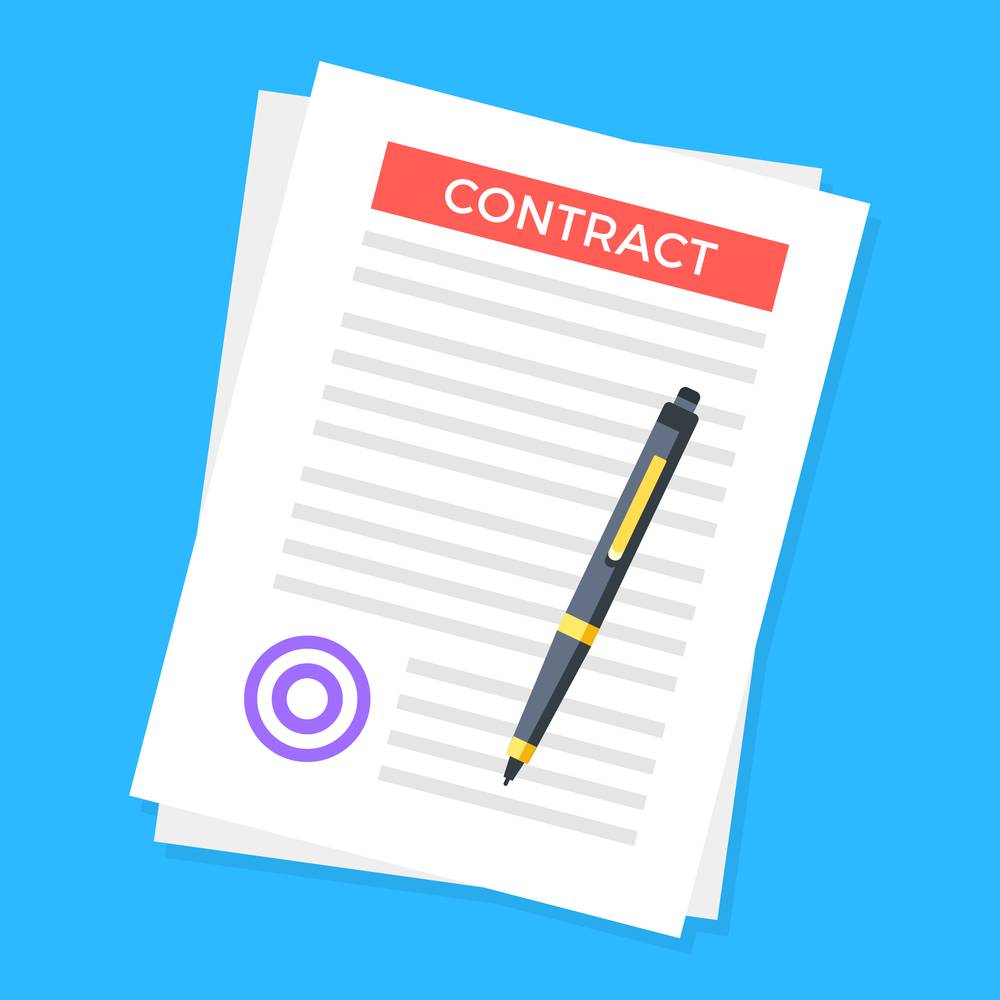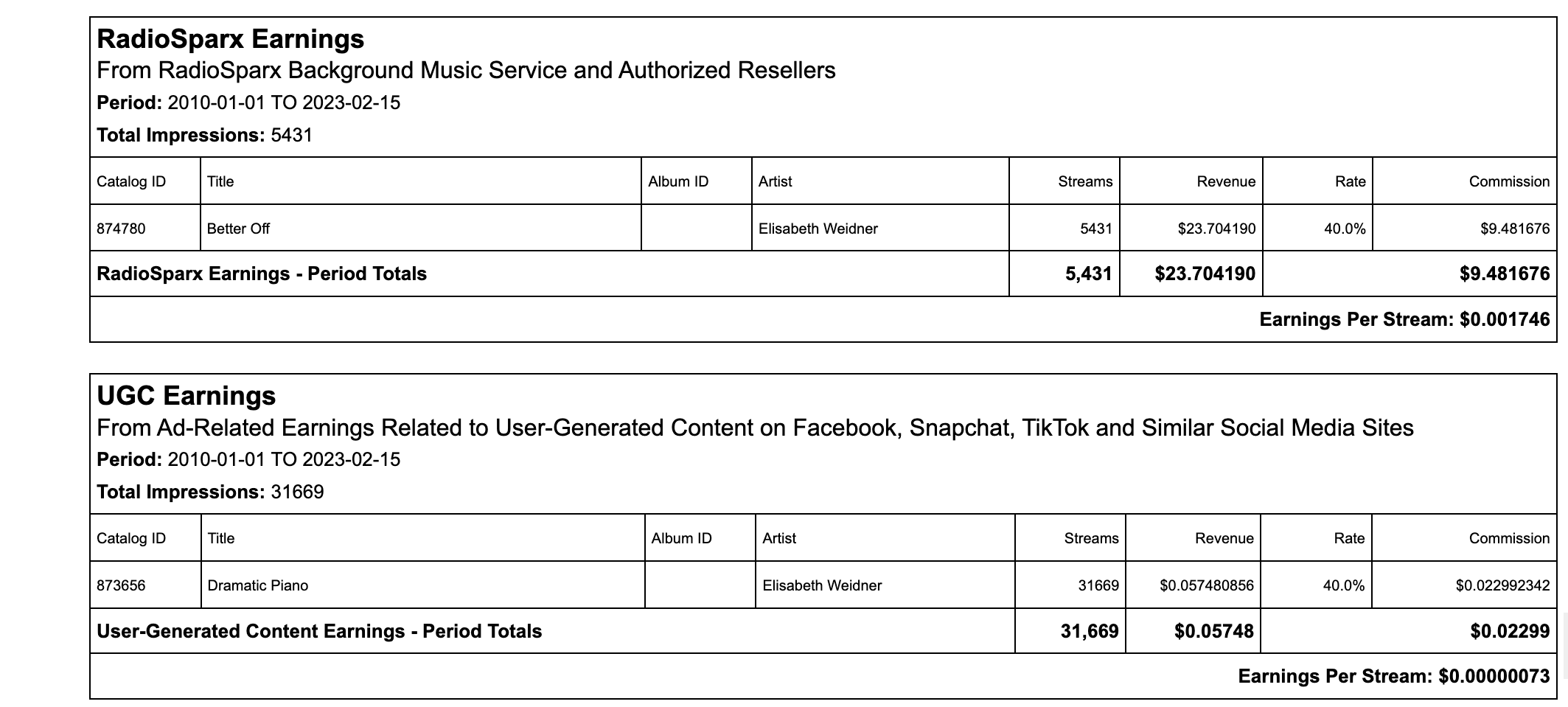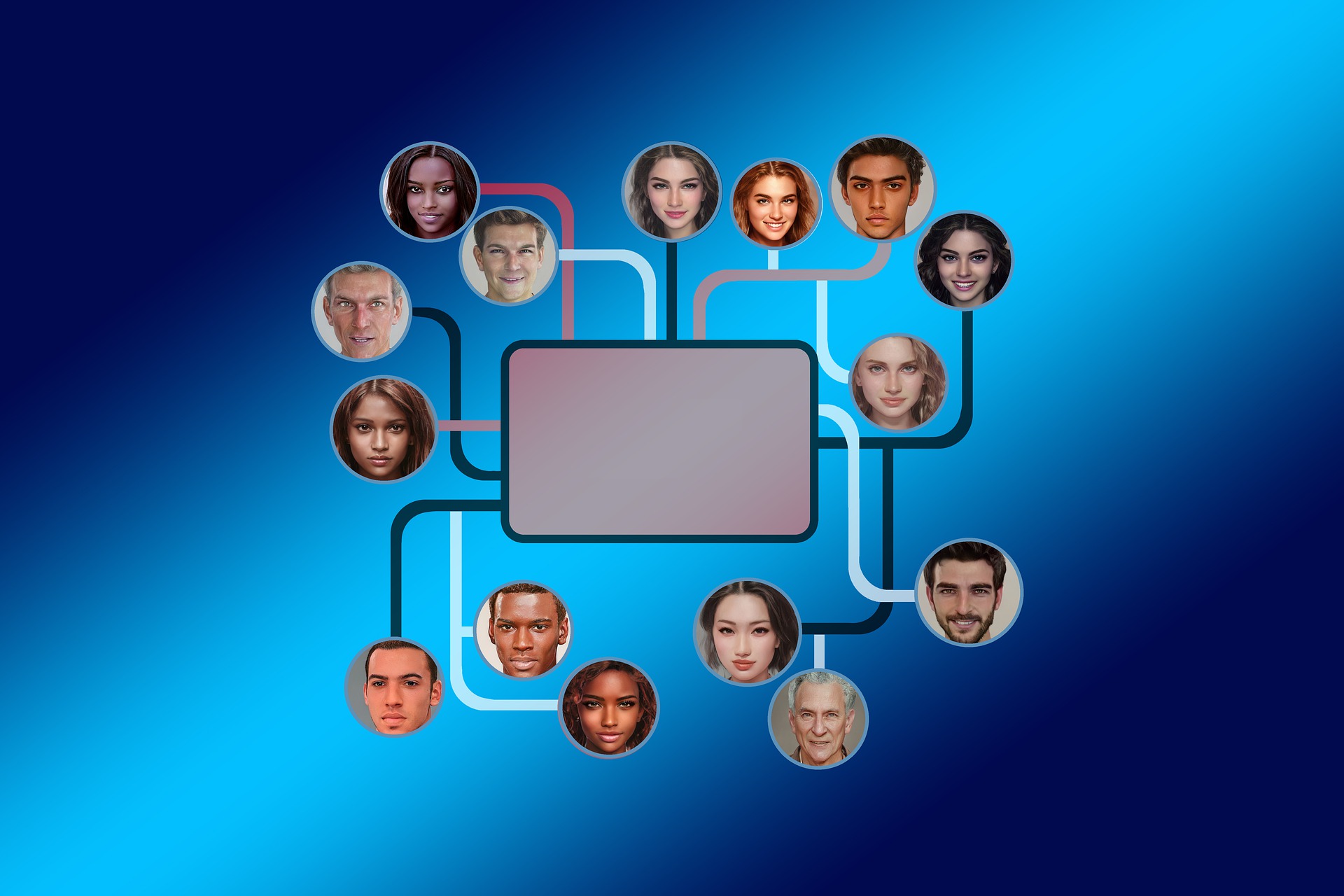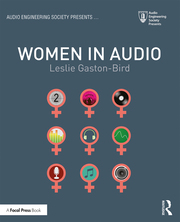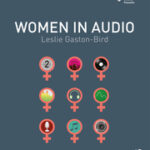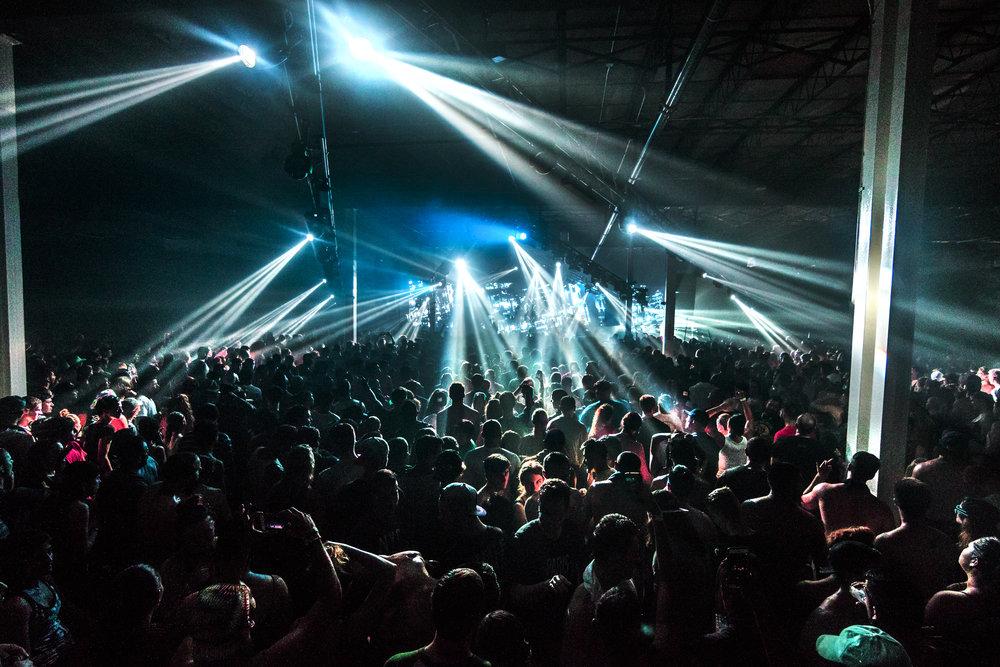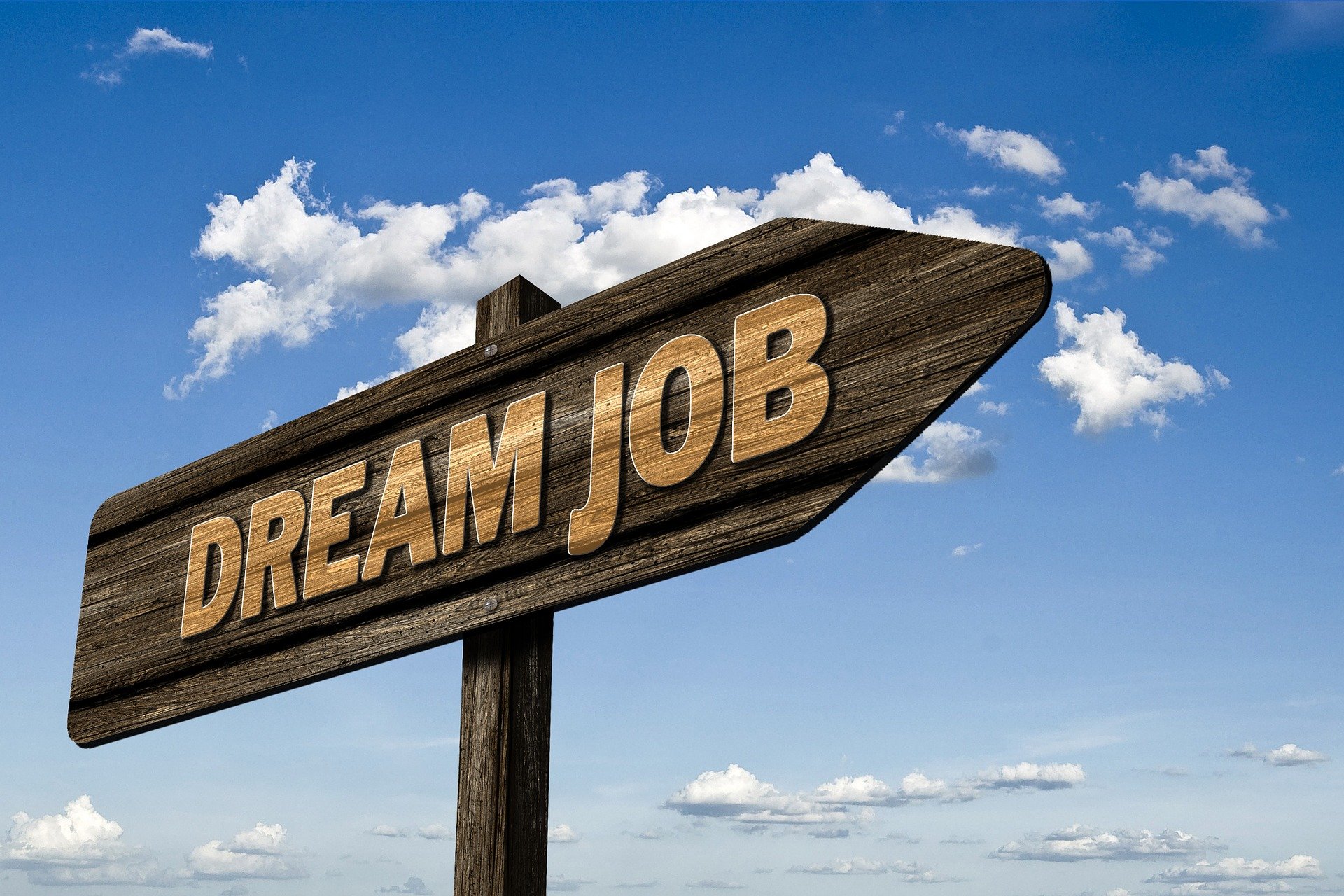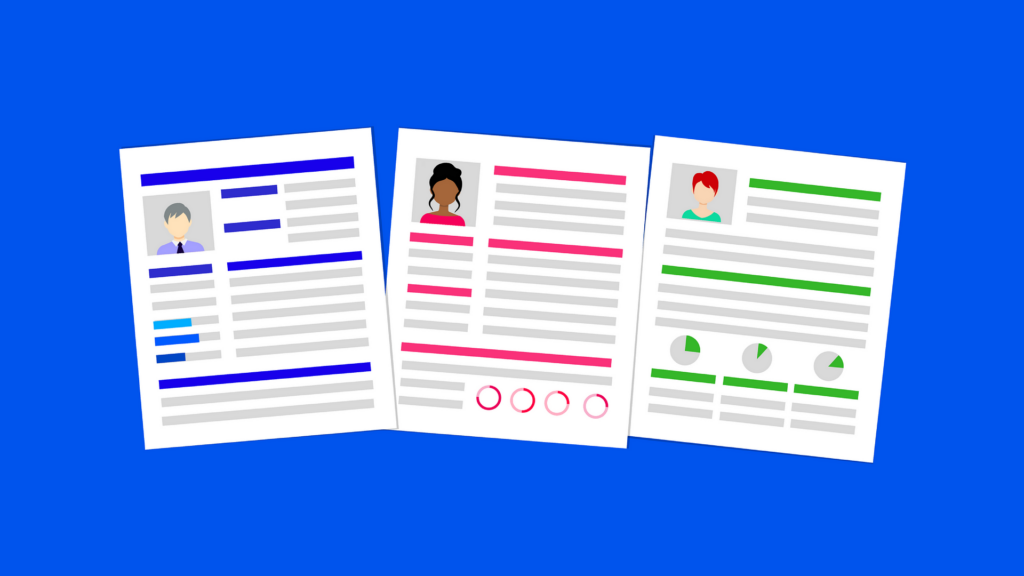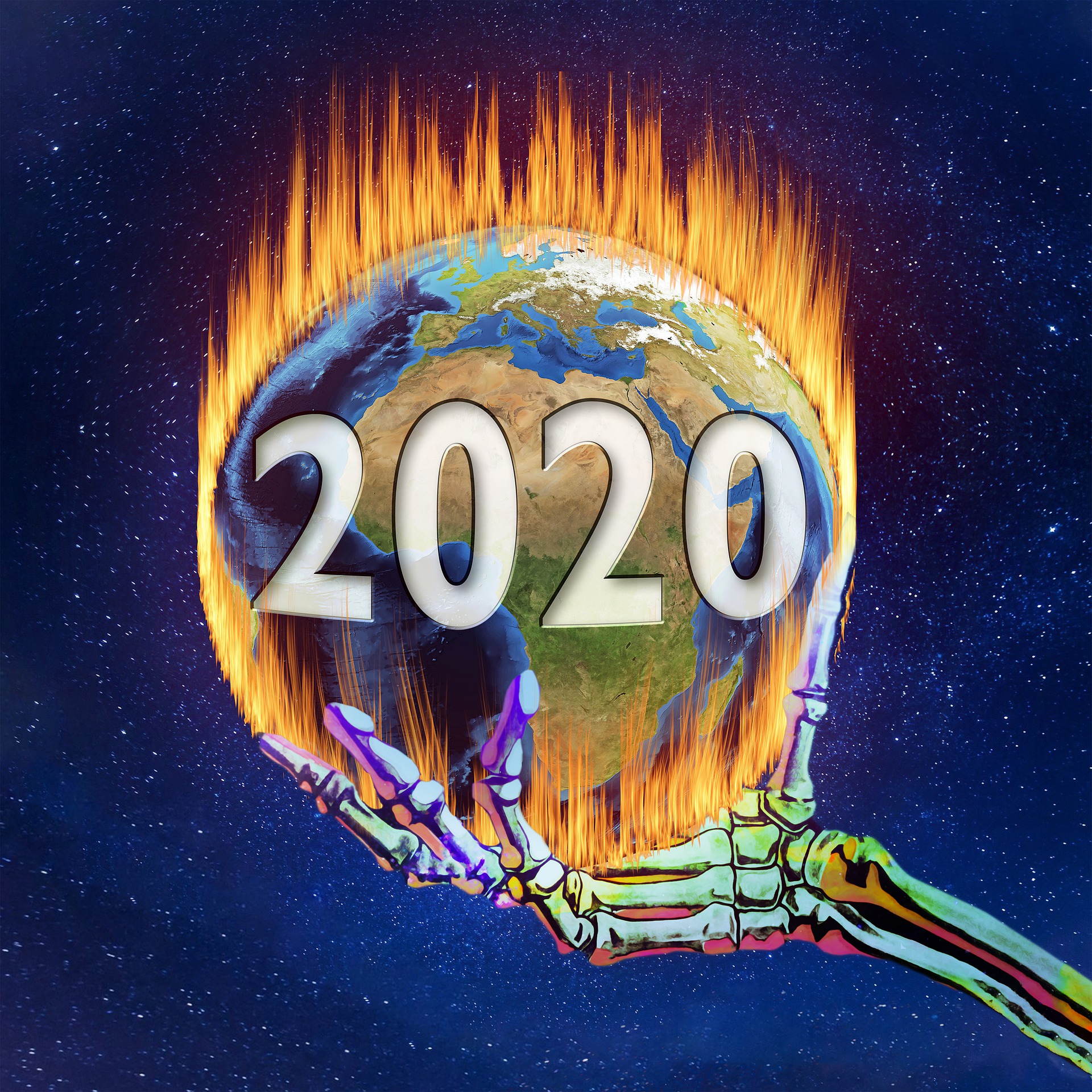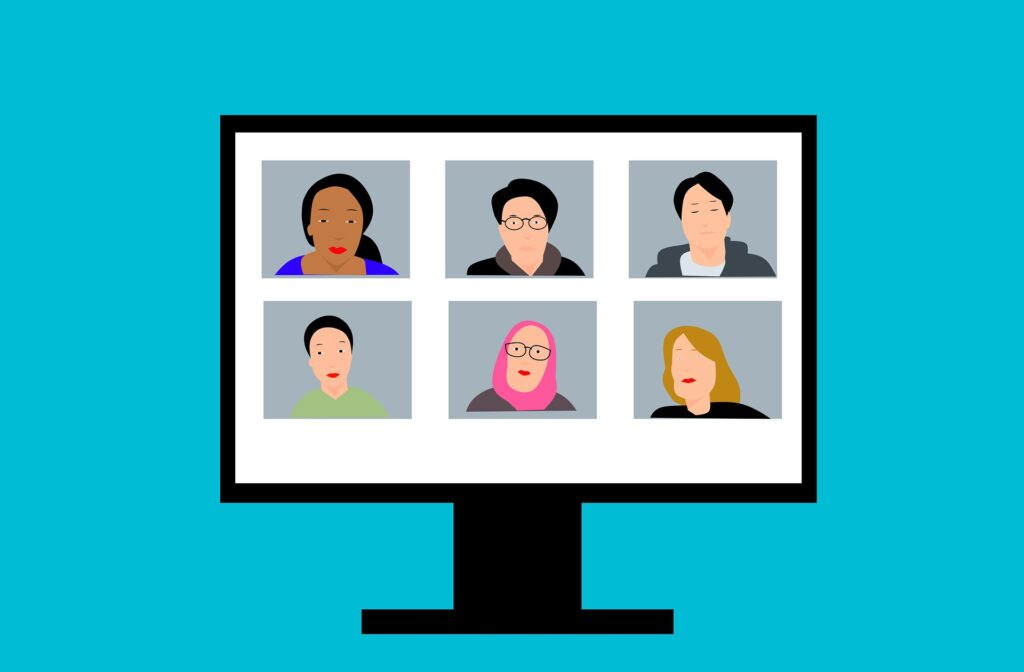Well, it looks like it’s finally starting. We’re going back to work. If you’re like me, starting up work again in the entertainment industry has been coming in at a slow trickle, which I actually think is good. We need time to re-acclimate, but not just to have a job again. We have to learn how to be around people again, how to be physically active, how to stand on our feet for long periods, and how to decide what risks we’re willing to take. We need to relearn our rhythms, our flow. There’s a real thing now called Post-Covid Stress Disorder, and a whole bunch of us have it. We’ve all been dealing with the trauma of a global pandemic the best way we know how. Some of us have developed bad habits. Some of us have developed good habits and coping mechanisms. Whatever personal journeys we’ve been on, it’s important to remember that no one in the world was safe from this disaster, and we will all need some support as we try to get back to “normal”….whatever that was or is.
Where are my headphones?
My very first gig back after the shutdown was mixing a small stage for a telethon. There was no PA (one monitor only) as my feed was being sent directly to the broadcast engineer, so the one thing I REALLY needed was a pair of headphones…which were at my house….three hours away. A production assistant had to go out and get me a pair of headphones for that gig, so, as you can see, this was not a shining moment for me! I had been a pandemic shut-in for 7 months, and I guess I literally forgot that I needed headphones to do my job. So my first piece of advice is to take plenty of time to plan your needs well in advance. Set everything you might need for your gig out in front of you. Pack it up, put it in your car, and make sure to think about the seemingly obvious items: jacket, water, MASK, money, hand sanitizer, etc. Believe me, your future self will thank you.
Why does this hurt?
Hey, y’all. I know you’re used to throwing speakers over your shoulder, or running road boxes off of a truck, or being the fastest one in the stage snake party, but you really gotta chill and give your body (and mind) some time to get back in shape. In this industry, there is a lot of pressure to be good, fast, and right…especially for those of us that are still trying to make our place known in a straight, white, male-dominated field. I know you’ve always been capable, but now’s not the time for that. You could do those things before because you had muscle memory, and unless you’ve been truckload training in your backyard for 14 months, you don’t have it anymore. That last gig I was talking about? I also had to sneak away for a moment because I was physically ill. It was outside, and it was hot. I was wearing my mask, which made me hotter, I was running at 150% and I was just not ready to be functioning like that. So, I’m letting you know from first-hand experience that it’s a good idea to give yourself some extra time before your gig. Do some yoga. Stretch. Drink plenty of water. And above all else, listen to your body on the job. Take breaks, drink water, sit down, advocate for yourself. You’ll get it back, I promise.
What are humans?
This will be one of the most difficult parts because this is new territory for most of us—reentering society. You may find that communicating with others does not come as naturally as it did before. Remember that feeling, and know that others are feeling it as well. We should take care to approach that situation with grace. Take a second to ask for clarification if something is unclear. Walk away for a few minutes if you find that conversations are suddenly stressful and annoying. I really can’t express enough that if you are feeling it, they likely are too, and the only way to navigate this new and awkward situation is together.
Everything is covered in germs
This has always been true, but now we are all hyper-aware of this fact. As of now, we still have to wear masks in most indoor/public locations, even if we are fully vaccinated. In some places, that transition has already started happening, so it’s likely that we will all experience a mixed masked/unmasked work environment at some point, and that’s ok. First of all, GET YOUR VACCINE. Secondly, do not shame anyone who is still uncomfortable and wants to keep their distance, ask you to put on a mask, or want to keep their mask/gloves/etc. on. It’s ok. They will start to feel safe without all of the PPE eventually. The important thing is that everyone feels safe now. It’s also important not to skimp on sanitizing and cleaning. It may seem unnecessary once everyone is vaccinated, but I personally see nothing wrong with washing hands before a meal, after using the bathroom and wiping down mics before and after use. Don’t get crazy though. It will not be healthy for us all to turn into raging germaphobes. It’s a balance that we should cultivate and maintain.
Don’t forget your hashtags
Remember all of that social justice we’ve been working on? The reform we’re trying to do in theatre, on stages, and in the entertainment industry at large? Have you typed #blacklivesmatter #stopasianhate #metoo #timesup #loveisloveisloveisloveislove #transrights or any other hashtag meant to stand for basic human rights? Now is your chance to put your hashtag where your mouth is. I know I’ve blogged about this on more than one occasion, but it’s important to me, and I’m saying it again. If you are a keyboard warrior at home, yet you sit quietly by while a co-worker or employee is not being treated equitably, you’re not doing it right. All of the EDI training, listening, gathering, and marching will have meant nothing if we don’t start putting everything we learned in place when we’re back. A big change in this industry was needed in a big way, and it looks to me like the ball is rolling. Let’s keep pushing it. We have to.
Basically, if you’re feeling like you forgot how to human, it’s ok. You did. I did. We all did that. This was really traumatic, weird, and unfamiliar. It will take time to get to something else, but I want to try hard to keep myself from saying “back to normal.” I don’t want to go back to anything. From now on, I only want to go forward. I think that putting the entire planet on a hard pause for over a year provided us with an unprecedented opportunity to come back differently. So what will you do to keep the ball rolling?
More Resources for Going Back to Work
What’s In Your Go Bag?
Preparing to Maybe Go Back To Work
